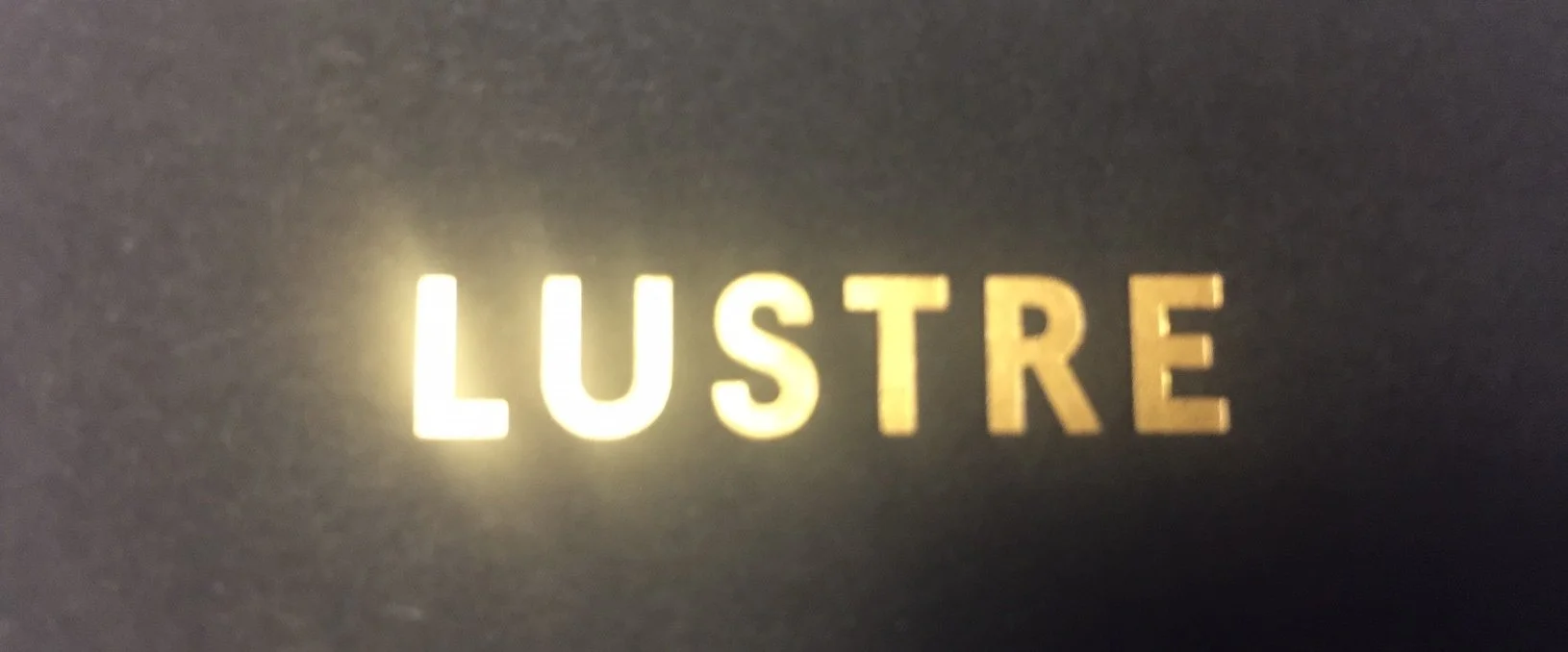Retirement Phobia: Fear of Flying Redux
By Karen and Erica
You’ve just retired. The fall arrives. Back to school. But there’s no school.
For most people who worked their entire lives, the notion of retirement is scary. No routine. No office. No colleagues. No need to get dressed. No purpose (outside yourself and your family). No support staff. No title or identity. No paycheck. Lots of "no." Not a lot of "yes."
You’re getting older and your options are shrinking. And it all happens overnight. Even for people who are looking forward to that day when they no longer work, the changes are unnerving. They certainly were for us.
Initially, we thought about replicating our institution-based existence. It soon became apparent that to get a full time job we loved would be difficult. But that turned out not to matter because we soon decided we didn't really want to make that kind of full time commitment to one thing again. So we started thinking about the void created by our new retired state as a problem that we needed to solve. How were we going to replace the good parts of our careers, that made us happy, and get rid of the mundane parts? If we could do that, we were confident we could overcome the feelings of invisibility and powerlessness that retirement had engendered.
What did we want that we no longer had? We couldn’t address everything all at once. We had to take it apart and put it into bite-sized, manageable chunks.
One. We no longer had titles. Before, we had business cards that announced who we were and what we had accomplished. When we met someone, we knew what to say: "I am a partner at" a big important institution. Now, how were we supposed to identify ourselves? Saying "I am retired from" a big important institution just felt icky. Made us fade into the woodwork, become invisible. We at least needed new cards. And so, we got new business cards. Name, email address and cell. That alone made us feel better.
Two. We no longer had offices. We needed a place outside home to go to. Whether big or small, luxurious or a cubicle, we needed something that was ours where we could do our own thing--whatever that turned out to be. We got an office and established our beachhead.
Three. We had no routines. We had had routines for our entire working lives. We had obligations. Others had expectations. School was a job. Work was a job. Now, there was no job. Nothing we had to do outside of taking care of ourselves and our families. So we created a routine. We set office hours, and expectations about what we wanted to accomplish on any given day. We filled our calendars, not just with office hours but other routines too--like flying lessons, or design classes, or Board meetings for our non-profits. That left just about the right amount of time for play.
Four. We had no reason to dress up--we thought. Dressing up had been not only part of our job personas; it was also fun. But as it turns out we do have a reason to dress up, because our new life requires it. We dress differently now than we did before, but we still dress up for work.
Five. Work was no longer a source of community. Before, just showing up made us a part of a larger group of people with common purpose. We can no longer just show up somewhere and have a community. We need to go after it. So we have. Though there is no longer one dominant community, we have created others that take its place--our Lustre work, our non-profits, our classes and, of course, our old friends.
Six. We are not being paid for our labors. Granted we are both lucky to have pensions earned by working for so long. But nobody is paying us for work we are doing now. And that’s kind of a shock. We grew up in a world where you were paid if your work was valued.
We haven't fixed that--yet. But once we took steps to deal with the other things we had lost when we retired from our jobs, bit by bit we began to feel better about ourselves and the future. It struck us, though, that something was still missing. We seemed no more to have a purpose, a place in the wider world, where doing our work well gave us a sense of pride and satisfaction, and clients and colleagues recognized and appreciated our work. We began to realize that we were victims of the presumption that, having retired, we no longer wanted or needed anything outside our immediate worlds. That, and the fact of our age, seemed to have diminished our value to the point where we had become invisible.
The more retired women we talked with, the more we realized that society and the media hadn’t caught up to the fact that we, large numbers of retired career women, even existed. Because of that invisibility, too many of us were feeling down, unhappy, irrelevant, and a bit scared about what was next.
And so we decided to do something about it. We found our purpose. Hence, Lustre's mission. Now everything is coming together. It took some time and some thought, and we have not replicated everything about our working lives, but we have replaced what we were missing. We have lots more work to do, but we are finding our way into the future. And having fun doing it.

